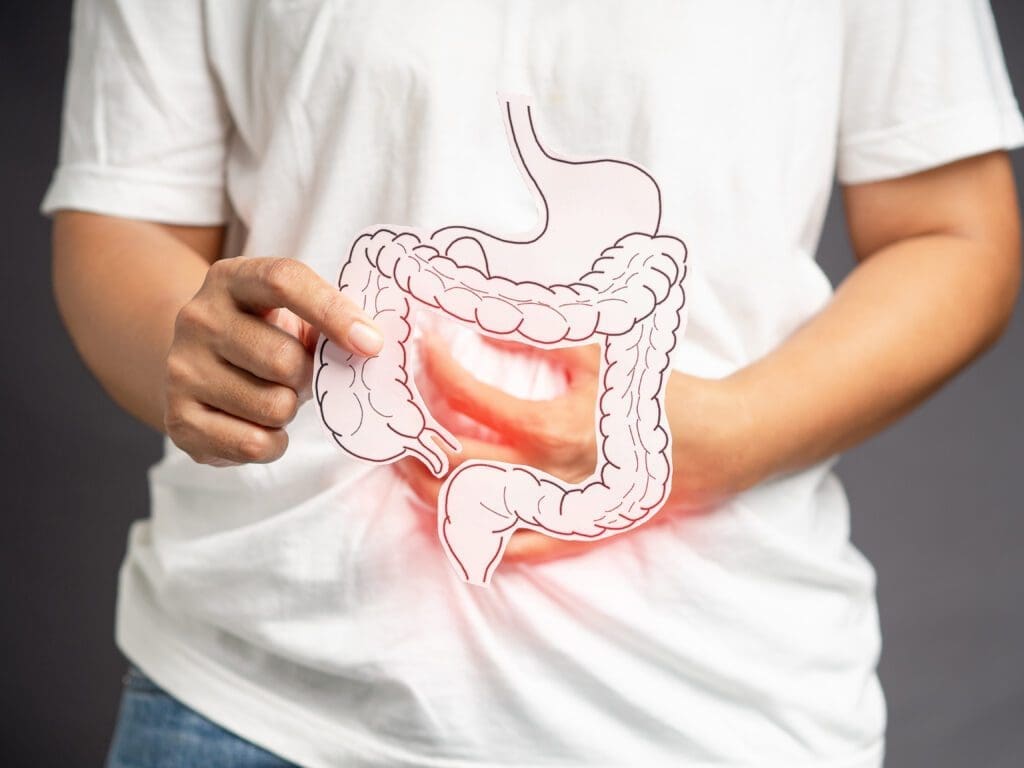Nutritional healing is a concept that has been gaining popularity lately. It involves using food as medicine and changing diet to promote overall health and well-being. We will explore how food can heal your body, the benefits of a nutritious diet, and the best foods for healing. We will also provide delicious recipes to incorporate into your daily routine to start experiencing the benefits of nutritional healing today. Lastly, we will discuss the science behind nutritional healing and how to use it to achieve optimal health.
What is Nutritional Healing?
Nutritional healing is a holistic method that emphasizes the role of whole, nutrient-dense foods in promoting well-being. It acknowledges that food affects both the body and mind. Nutritional healing employs food to support specific health goals or address health issues. It may also utilize supplements or herbs to boost the healing process.
How Food Can Heal Your Body
Discover the power of food for holistic healing with nutritional recovery. Enhance your health with personalized recommendations based on your unique dietary needs. From natural remedies to functional medicine approaches like supplements, you can achieve wellness through a nutritious diet.
The Power of Supplements
Supplements are crucial in enhancing the recovery process as part of nutritional healing. Providing essential nutrients can help prevent and even reverse chronic diseases. Consult a qualified nutritionist or dietitian for guidance on incorporating food supplements into your routine.
Natural Remedies for Health
Improve your overall health and prevent diseases through nutritional healing. This practice involves consuming whole, nutrient-dense foods while avoiding processed or inflammatory ones with the guidance of a nutritionist or healthcare professional or by using an A to Z reference book on functional medicine remedies and wellness advice via email or paperback books. Nutritional health may also aid in weight loss and migraines.
Benefits of a Nutritional Diet
Personalized nutrition is the foundation of nutritional health. Selecting nutrient-dense foods, personalized dietary changes, supplements, and lifestyle modifications can help support your body’s natural healing processes. This approach emphasizes your unique nutritional needs and is effective in weight loss, migraines, wellness, and functional medicine. Contact a nutritionist or healthcare professional for guidance.
Types of Foods for Healing
For optimal nutritional health, a varied diet is crucial. Nutrient-dense whole foods like fruits, veggies, and whole grains provide essential nutrition for recovery. Lean meats, fish, and legumes rebuild tissues, while anti-inflammatory turmeric and ginger reduce inflammation. Probiotic-rich kefir supports gut health. Supplement your diet with functional medicine remedies for weight loss or relief from migraines.
Anti-Inflammatory Foods
Incorporating anti-inflammatory foods can reduce inflammation and lower the risk of chronic diseases. Leafy greens, berries, fatty fish, nuts and seeds are rich in antioxidants and nutrients that help fight inflammation. However, it is essential to remember that anti-inflammatory foods complement medical treatment for inflammatory conditions.
Superfoods for Optimal Health
Incorporating superfoods into your diet can aid wellness goals by promoting weight loss and reducing inflammation. Foods like blueberries, salmon, and chia seeds contain essential nutrients for natural recovery. By consuming these nutrient-dense foods regularly, you can also lower the risk of chronic diseases.
Essential Nutrients for Healing
Foods containing essential nutrients such as vitamins, minerals & antioxidants can aid tissue repair & growth. Vitamin C-rich foods like broccoli boost the immune system & promote wound recovery. Zinc-rich oysters aid in tissue repair, while Omega-3 fatty acid-rich nuts reduce swelling & pain.
Recipes for Nutritional Healing
You can promote a nutritious diet and improve your wellness by incorporating nutrient-dense foods, experimenting with herbs and spices, and creating balanced meals. Always seek a healthcare professional or nutritionist for personalized recommendations.
Healing Smoothies and Juices
Smoothies and juices are fantastic methods to introduce nutrition into your daily routine. Ginger, turmeric, leafy greens, antioxidant-rich fruits, and more can all be blended to create delicious drinks supporting your health goals. By trying out various recipes and adjusting them to your needs, you can optimize your food intake for optimal wellness.
Nutritious Meal Ideas
Try incorporating a colourful mixed salad made with mixed greens rich in essential nutrients, plus tomatoes and avocados packed with crucial vitamins into your diet. Side dishes like roasted sweet potatoes, broccoli & brussels sprouts are packed with antioxidants, while grilled chicken & fish seasoned with herbs & spices make excellent protein sources. If you want a filling breakfast or snack option, go for smoothie bowls made using Greek yoghurt mixed with frozen berries & nut butter that provide the necessary energy.
The Science Behind Nutritional Healing
Understanding the nutrients in food and how they impact the body is essential to the science behind nutrient recovery. Using food supplements and natural remedies, dietary healing can prevent chronic diseases like heart-related diseases and diabetes while promoting weight loss and migraine relief. A nutritionist’s guide in a paperback format called “Nutrition A-Z Reference” is an excellent resource for those starting their nutritional journey.
Getting Started with Nutritional Healing
To get started with improving your health through nutrition, consider dietary recovery. This approach uses whole, nutrient-dense foods to promote wellness and prevent disease. Begin by assessing your current diet and identifying areas for improvement. For example, try incorporating more fruits and vegetables while reducing processed foods and sugar intake. Consulting a nutritionist can provide personalized guidance for optimal results.
Frequently Asked Questions
What is the difference between homoeopathic medicine and nutritional healing?
Homeopathy uses diluted substances to treat illnesses based on the “like cures like” principle, while dietary recovery relies on whole foods and supplements to provide essential nutrients. Both can complement traditional medicine, but homoeopathy may need more scientific evidence to support its effectiveness.
How do you choose a good nutritionist or healer?
Ensure they have the qualifications and ask and check the referrals. Schedule an initial nutritionist consultation to discuss your health goals and determine if they offer personalized and evidence-based recommendations. Finding a provider that understands your needs and is a good fit for you.
Conclusion
Diet recovery is a holistic approach to health that focuses on the power of food and natural remedies. It provides numerous benefits, such as reducing inflammation, improving gut health, and boosting immunity. Incorporating anti-inflammatory foods, superfoods, and essential nutrients into your diet can improve overall health and well-being. Try out our healthy smoothies and juices or nutritious meal ideas to get started on your journey towards optimal health. Subscribe to our newsletter for the latest tips on nutritional health.



